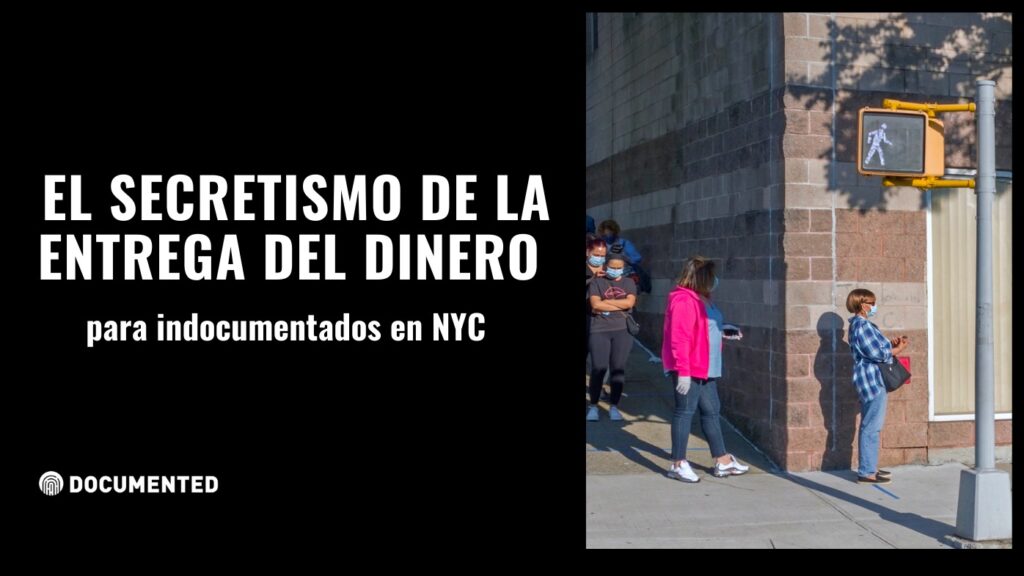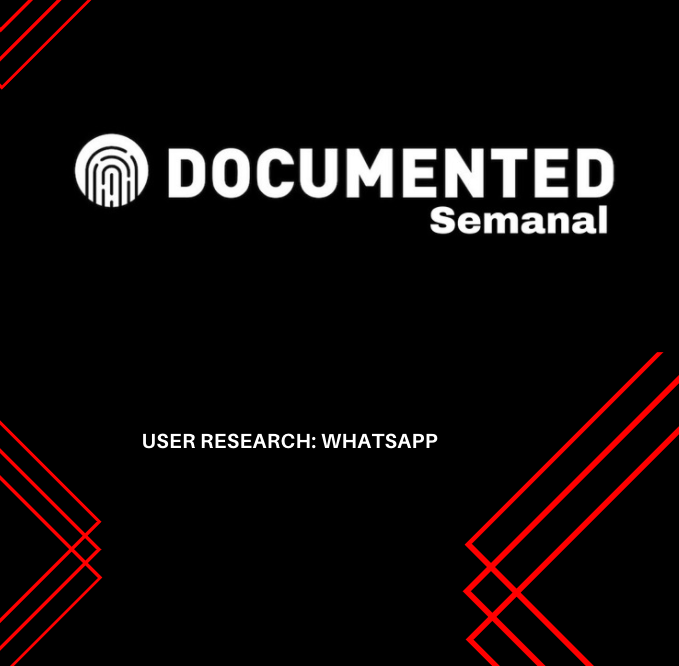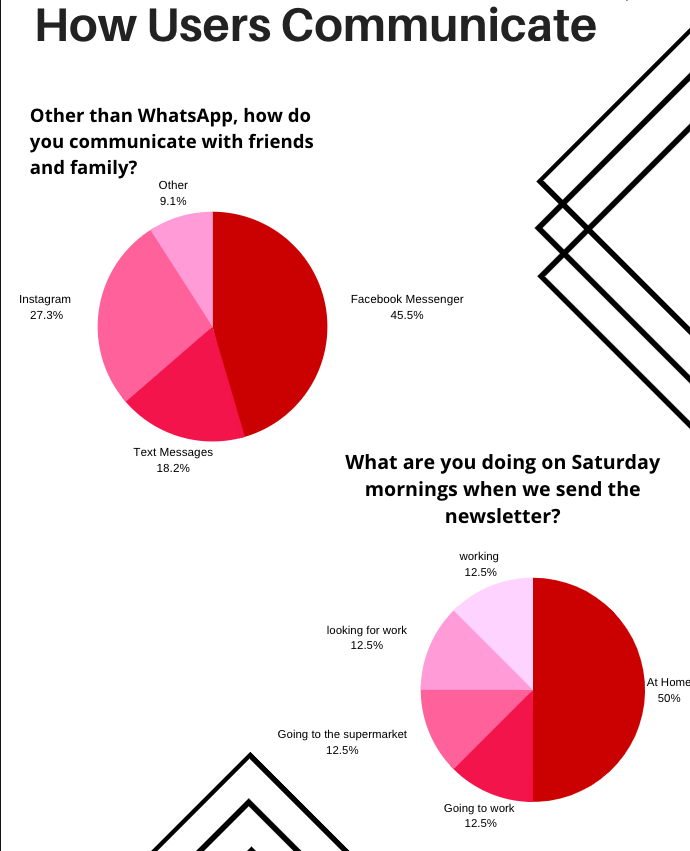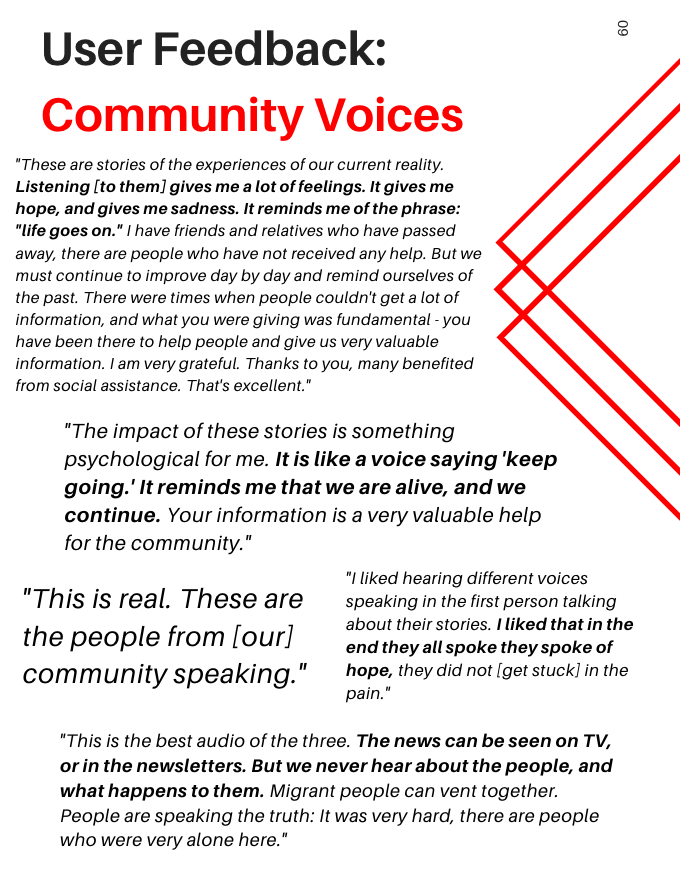
Readers can help you plan your next move

The beginning of the coronavirus pandemic brought with it a surge in engagement and traffic to the Spanish materials we publish on our site, Documented Semanal.
Within weeks, we had built an ecosystem where our readers, using our WhatsApp app, had guided us to create certain stories which would then draw in more subscribers who were searching for help online. Thousands of readers landed on our lists of funds, free food access programs and other relief efforts to seek out where to find assistance.
But as the initial outbreak in New York receded, we found that so had the interest in the evergreen resources we had created. Traffic dropped to the website and our rate of subscriptions slowed with it, but the need continued. WhatsApp messages keep coming in.
In the beginning, we were responding to an immediate need, which was straightforward for us as a team with experience in breaking news. Now, it feels as though the needs of our readers are changing. Parents need information about schools reopening. Readers want to know about the status of the COVID-19 vaccine. We were focused on responding immediately and now we have to figure out a long-term strategy.
Although we are able to glean insights from what stories our readers are drawn to and what sorts of questions they have, we don’t have the type of robust data that would allow us to plan for 2021 and beyond. Because of this, we decided to begin interviewing our readers in an attempt to find out what they were interested in.

We took a two-week break from publishing Documented Semanal and asked our newsletter writer and audio producer, Ariel Goodman, to interview our readers. We had several main goals with the interviews: we wanted to find out what they thought about our audio production; how they were using Documented Semanal and what impact it had had on their lives.
Overall, the readers Ariel spoke to felt that there was not nearly enough journalism created for undocumented immigrants and that they feel the lack of Spanish language information about public programs acutely. “Documented has made me aware of [lots of] services. The reports are interesting and help those of us who do not have documents. There are things that– because of the language {barrier}, we don’t have access to,” one reader said. “Documented informed me of a financial aid that I did not know about and I [was able to obtain] it.”
We received similar feedback from other readers. They felt our coverage was straight to the point, clear and useful. “It is information that I have shared with many people,” another reader said. Many felt the ease and speed of opening WhatsApp was better than the clunky navigation process to get to our website.
We have always felt that brevity on WhatsApp was an asset, but we’re actually finding out that our readers want longer audio segments than we’re providing. “This is news, but I prefer analysis. I would make it longer – include different opinions, have someone as a guest,” one reader said. Others echoed that sentiment.
One feedback stuck out for me in particular: “I wish that journalists could be more accessible,” a reader told us. They were able to isolate a problem we are trying to address, but in a way I had never articulated.

Our original goal in starting Documented Semanal was to distribute news on a friendly platform our readers already used. What we’ve been working towards is breaking down some of the conventional walls between the publication and audience. We will continue seeking to make Documented Semanal as accessible as we can in the next few months of this fellowship.
